How much protein do we actually need?
The majority of the food that we consume is made up of our 3 macronutrients: Protein, Fat and Carbohydrates. After we have our overall calorie intake in check (ie. in line with our desired goals/outcomes, our macros are our next port of call - ensuring that we are getting the ‘right’ amounts of each.
At Core Training, we believe that protein is the most important of the three - it is an essential nutrient (technically Carbohydrates are not ‘essential’ to survive), which has many functions and health benefits. Adequate protein intake is also associated with more positive health outcomes - such as better weight loss and lower risk of all-cause mortality (1). The question is, however: how much protein do we actually need?
If we look at dietary recommendations around the world, they are often insufficient to support optimum health, let alone more advanced goals such as building muscle. In the UK, the RNI (reference nutrient intake) is just 0.8g per kg bodyweight per day, and here in Switzerland they don’t even have a specific recommendation. Instead, they simply recommend “3 portions per day of milk or dairy products. 1 portion = 2 dl milk or 150–200 g yoghurt/ fresh cheese… In addition, 1 daily portion of another protein-rich food… 100–120 g meat /poultry/fish/ tofu/quorn/seitan (fresh weight).” (2)
What we need to understand, though, is that these recommendations are based on the minimum amount we need to not become deficient and/or get sick. These quantities are almost certainly insufficient to achieve optimum health - which is what we should all be aiming for. In order to support optimum health, we should actually be aiming to get 1.2-1.6g of protein per kg bodyweight per day (Phillips et al. - 2016) - a significant increase on the recommendations of most governments!
But what do we mean by optimum health? Well, protein is necessary for immune function, and also contributes to having healthy hair and skin. Protein is also known as the body’s ‘building blocks’ as that’s what our muscles are made from. Getting in sufficient (not just minimum) amounts of protein will help us to hold and develop more lean tissue, which will benefit our metabolism, protect our joints, and reduce the risk of injury. Protein is also the most satiating of all the macronutrients, meaning it can help us control calorie intake, making it an important part of weight maintenance (and loss), which is partly why it is associated with better long-term health outcomes. So eating plenty of protein is a good idea for all of us!
Not only do we need to probably eat twice as much protein as we are being recommended, we also need to ensure that we are getting enough complete protein in every day. Now, if you regularly consume animal products this probably isn’t a big issue for you, but if you follow a mostly plant-based diet (primarily vegetarian/vegan), then you are going to want to pay attention. You see, ‘protein’ is made up of 20 amino acids, but as humans we are only able to produce 11 of these, meaning we need the other 9 (known as essential amino acids) to come from our diet. Now, animal products, such as meat, eggs and dairy, contain all 9 of these essential amino acids, but relatively few plant-based protein sources do (soybean is one of them, so load up on your tofu and tempeh)!
What does this mean in practical terms? Well basically, it means that vegetarians and vegans need to ‘combine’ protein sources over the course of each day to make sure they are getting enough complete proteins in - think of a combination of legumes, nuts and seeds to tick this box. There are some plant-based complete proteins (soybeans and quinoa being two), but generally speaking it is more challenging for vegans particularly to hit their protein requirements both in terms of overall intake and in terms of all essential amino acids.
That’s not to say it’s not possible on a vegan diet, but that you probably need to put a bit more effort into it than your omnivorous counterparts. And fortunately we are now seeing many more ‘vegan’ alternatives pop up in shops and supermarkets, making it easier than ever before for vegans to nail their protein intake.
Now, vegans aren’t the only group of people who should be extra vigilant about their protein intake - the elderly are also a population group who need to be paying more attention. You see, as we age, we tend to lose muscle mass - known as sarcopenia, and bone density - known as osteopenia (and eventually leading to osteoporosis), so it’s especially important to eat enough protein as we age. It’s also why it’s a good idea to eat plenty of protein from a young age, too! Research seems to show that we become more resistant to building muscle as we get older, so we need to do a few things to combat this and try to minimise that loss of muscle mass and bone density:
Increase overall protein intake
Have larger portions of protein (to hit the ‘leucine threshold’ - the level needed to ‘switch on’ muscle building)
Take part in Resistance Training (unrelated to nutrition, but always a good idea at any age)!
I finally just want to mention that, if you are really looking to build muscle and optimise your development of lean mass, then you can go above the 1.6g/kg bodyweight listed above - their are no negative health effects in healthy individuals at intakes of even 3.5g/kg bodyweight (3). However, this intake isn’t at all necessary to build muscle - we would recommend 1.6-2.2g/kg bodyweight of protein per day for those with muscle-building goals.
Please note that the above recommendations apply to the general population - if you take part in a specific sport at an elite level, your requirements could be different again. As always, consult your doctor or a qualified professional before greatly increasing your protein intake.
If you have any questions about protein, or anything else regarding your own nutrition, please get in touch with us at:
(1). BMJ 2020;370:m2412. https://www.bmj.com/content/370/bmj.m2412
(2). https://www.sge-ssn.ch/media/sge_pyramid_E_basic_20161.pdf
(3). Antonio et al. (2020): A High Protein Diet Has No Harmful Effects: A One-Year Crossover Study in Resistance-Trained Males. https://www.researchgate.net/publication/309026102_A_High_Protein_Diet_Has_No_Harmful_Effects_A_One-Year_Crossover_Study_in_Resistance-Trained_Males


